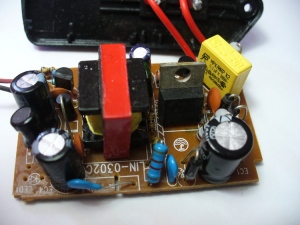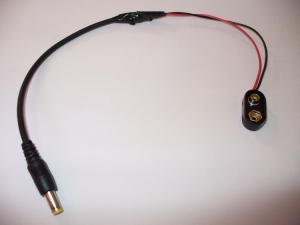29
Mass production is a wonderful thing. Prices fall, and hobby hackers get cheap gear. The mind then wanders towards what can be done with it. So it’s little wonder that someone like [Aaron Christophel] would try to repurpose those sub-$3 AVR programmers that are all over eBay (translated poorly out of German here, but demonstrated in the video embedded below).
[Aaron] didn’t have to do much, really. The only trick is that you’ll first need to re-flash the existing ISP firmware with one that lets you upload code to the device itself over USB. If you don’t have an Arduino on hand to re-flash, buy at least two of the cheap programmers — one to program the other ones. Once you’ve done that, you have essentially an Arduino with limited pinout and two onboard LEDs, but in a nice small form-factor and with built-in USB. [Aaron] even provides an Arduino boards.txt file to make it all work smoothly within the IDE.
All of this is done with the very friendly V-USB firmware, which lets you build up low-speed USB devices on the cheap and easy. This would be perfect for making a couple-key keyboard, a USB-USART or USB-SPI bridge, or even a volume control knob — one ADC pin seems to be broken out. With some delicate soldering, the rest of the pins could be brought out and you could do something really useful with this little dongle.
It’s hard to imagine even sourcing all of the parts for the cost of having one of these shipped to your door, and this is a fairly old hack, dating from 2013. We’re a little surprised that we haven’t seen more projects with people repurposing these cheap ISP programmers. Have you made anything with one of these? Let us know.
Filed under: Arduino Hacks







